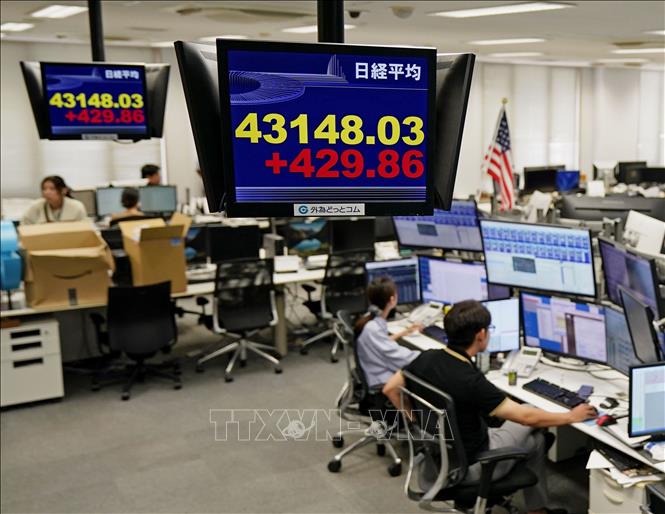
In Japan, following the US market's decline in the previous trading session, the Nikkei 225 index lost 259.26 points, equivalent to 0.57%, to 45,495.67 points in just the first 15 minutes of trading. The stock market's decline came amid fading expectations among investors that the Fed will continue to cut interest rates.
In China, the Shanghai Composite Index in Shanghai fell 0.35% to 3,839.86 points; while the Hang Seng Index in Hong Kong also lost 212.38 points, equivalent to 0.80% to 26,272.30 points. Notably, the market most negatively affected was South Korea, where the KOSPI index at one point fell more than 2%, a significant decline.
Seoul’s stock market faced two pressures at once: growing uncertainty over tariff negotiations with Washington and worries that the US will not lower interest rates further. Shares of industry leaders such as Samsung Electronics and chip giant SK hynix fell 2.79% and 4.63%, respectively. Many other groups of stocks, from biotech to finance to shipbuilding to retail, were in the red.
The focus of attention in the September 26 session was a series of new tariff announcements from US President Donald Trump. On September 25, President Trump announced plans to impose a series of high tariffs on many imported goods, marking a new step in his tough trade policy. Accordingly, the US will impose a 100% tax on imported branded or patented pharmaceuticals from October 1, except for pharmaceutical companies that have started building manufacturing plants in the US.
The decision dealt an immediate blow to pharmaceutical stocks across Asia. In Japan, shares of big names such as Daiichi Sankyo and Chugai Pharmaceutical fell sharply. In South Korea, leading biotech companies such as Samsung Biologics and SK Bio Pharmaceuticals were also hit.
Besides pharmaceuticals, other items such as heavy trucks, kitchen cabinets and furniture are also subject to new tariffs, raising concerns about a new trade war that could affect global supply chains.
Specifically, the 25% tariff will be applied to heavy trucks, 50% to kitchen cabinets and bathroom sinks, and 30% to upholstered furniture. Mr. Trump said this move is to protect domestic manufacturing from the "flood" of imports, and affirmed that the measures will benefit large truck manufacturers such as Peterbilt, Kenworth (part of Paccar) and Freightliner (part of Daimler Truck).
In Vietnam, at the opening session of September 26, VN-Index decreased 2.22 points (0.14%) to 1,663.73 points, while HNX-Index decreased 0.6 points (0.22%) to 277.04 points.
Source: https://baotintuc.vn/thi-truong-tien-te/ap-luc-tu-chinh-sach-lai-suat-va-thue-quan-my-lam-chao-dao-chung-khoan-chau-a-20250926112558509.htm








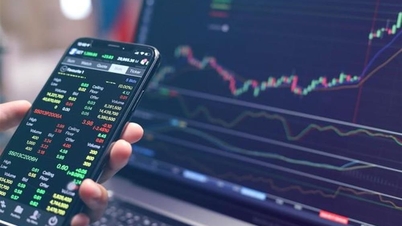





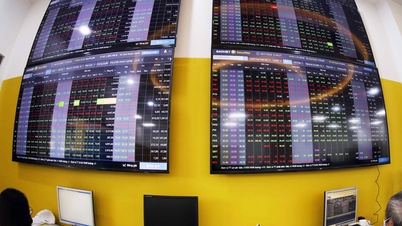
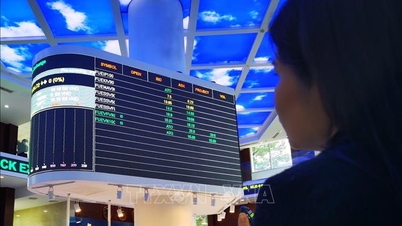
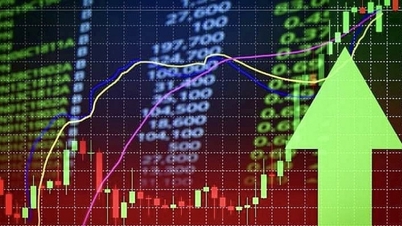






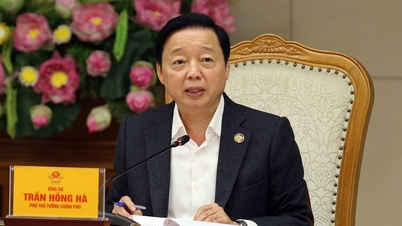
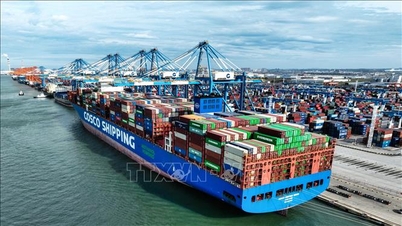








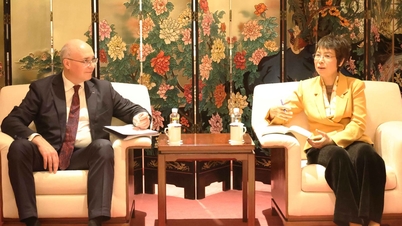

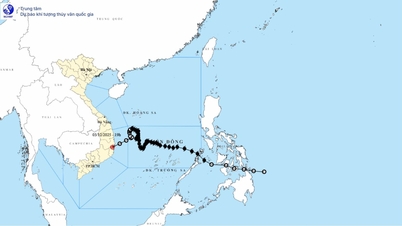
![[Photo] Worshiping the Tuyet Son statue - a nearly 400-year-old treasure at Keo Pagoda](/_next/image?url=https%3A%2F%2Fvphoto.vietnam.vn%2Fthumb%2F1200x675%2Fvietnam%2Fresource%2FIMAGE%2F2025%2F12%2F02%2F1764679323086_ndo_br_tempimageomw0hi-4884-jpg.webp&w=3840&q=75)
![[Photo] Parade to celebrate the 50th anniversary of Laos' National Day](/_next/image?url=https%3A%2F%2Fvphoto.vietnam.vn%2Fthumb%2F1200x675%2Fvietnam%2Fresource%2FIMAGE%2F2025%2F12%2F02%2F1764691918289_ndo_br_0-jpg.webp&w=3840&q=75)



























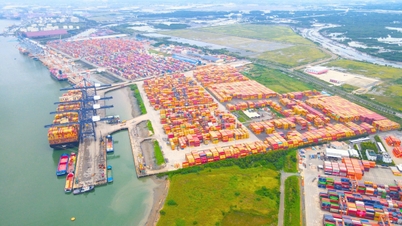





















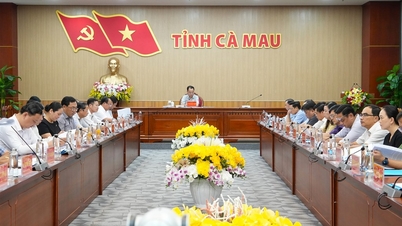

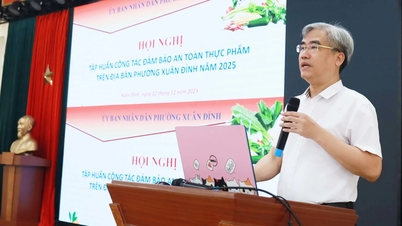


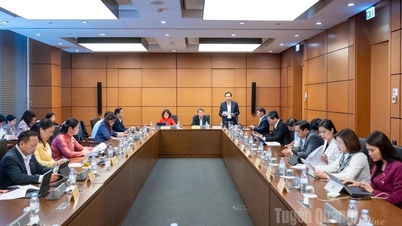

















Comment (0)